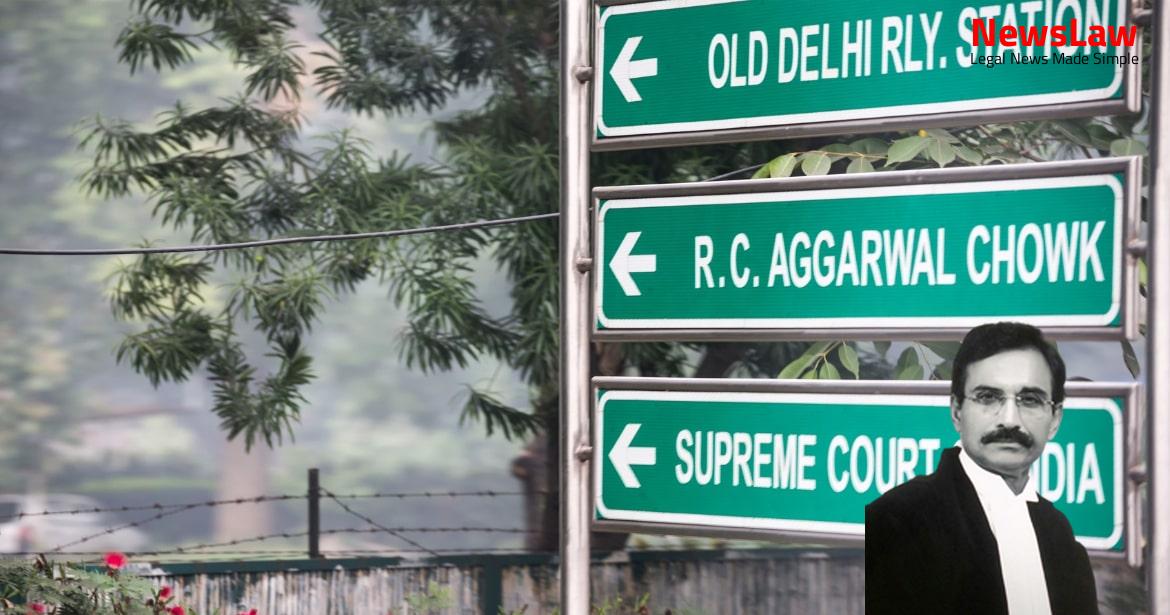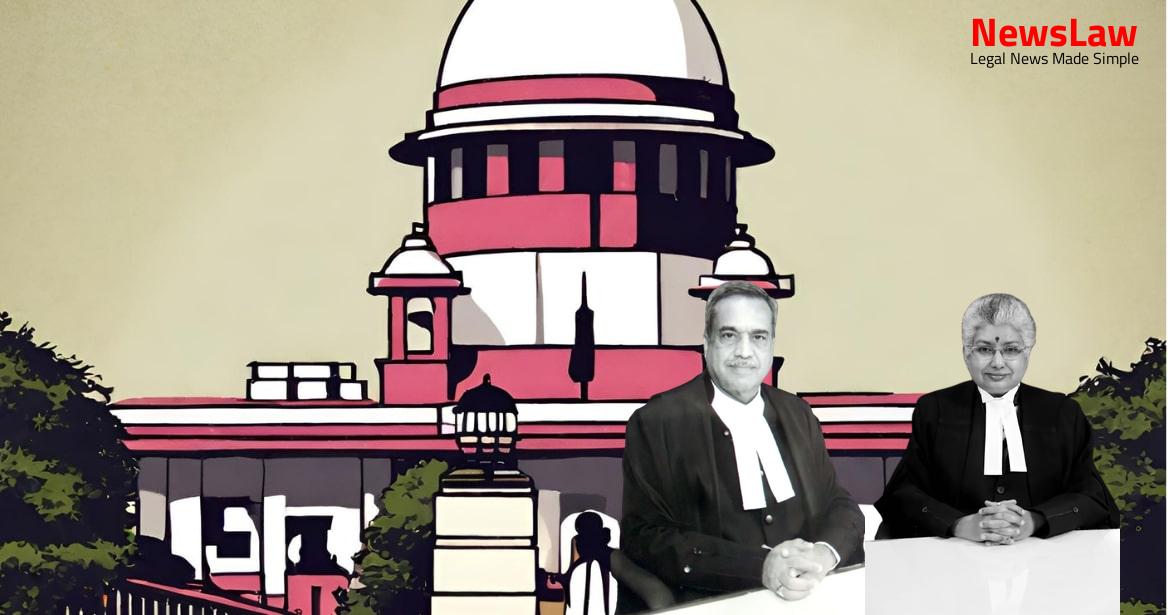In a landmark decision, the Supreme Court of India has quashed the land acquisition proceedings involving Dinesh and others against the State of Madhya Pradesh. The Court found procedural lapses in the handling of objections under the Right to Fair Compensation and Transparency in Land Acquisition, Rehabilitation, and Resettlement Act, 2013, emphasizing the importance of due process and the rights of landowners.
Facts
- The appellants submitted objections to Collector under Section 15 of the Act of 2013 on 1 September, 2022.
- No response was received on the objections, so fresh objections were filed on 23 December, 2022.
- Objections were considered by SDO instead of the Collector.
- Writ petitions were filed on 11 September, 2023, and a final award was passed by SDO on 3 October, 2023.
- Appellants also submitted written arguments on objections on 31 December, 2022, which were rejected by SDO on 27 February, 2023.
- A declaration under Section 19 of the Act was published on 10 March, 2023.
- Appellants and landowners filed writ petitions seeking to quash the land acquisition proceedings.
- The legality and validity of the land acquisition proceedings and the High Court’s order are being challenged in these appeals.
- The lands were sought to be acquired for establishing a Multi-Model Logistics Park under the Bharatmala Project.
- The State of Madhya Pradesh published a notification under Section 11 of the Act of 2013 proposing to acquire lands in Village Jamodi, Tehsil Pithampur, District Dhar, Madhya Pradesh.
- SDO published information under Section 21 of the Act and notices were issued to the appellants regarding the acquisition of their land on 8 August, 2023.
- High Court dismissed the writ petitions on October 13, 2023.
- The dismissal was done without considering the merits of the case.
- The reason for dismissal was that the final award had been passed, making the petitions infructuous.
Also Read: Rajesh Kumar v. State of Telangana: Quashing of Conviction
Issue
- The issue in question is whether the Hon’ble High Court erred in not deciding the writ petition which specifically objected to the authority of the Collector to hear and decide objections filed under section 15 of the Act of 2013.
- The respondents argue that the Collector is deemed to be the ‘appropriate Government’ under the proviso to Section 3(e) of the Act of 2013 and has the power to designate any officer to perform functions/powers vested with the Collector for the land acquisition proceedings.
Also Read: Pankaj Bansal vs. State of Delhi: Grounds of Arrest and Legal Rights
Analysis
- The land acquisition notification dated 27 May, 2022 was issued by the State Government.
- The District Collector could not act as the appropriate Government in regard to the acquisition, nor was he authorized to delegate the powers to the SDO.
- The objections filed by the appellants were actually disposed of by the SDO (Revenue) and not the Collector acting as the appropriate Government.
- The final decision on objections under Section 15(2) of the Act must be taken by the appropriate Government as per Section 15(3) of the Act.
- The mandatory requirements of the statute regarding objections were not followed in this case, rendering the proceedings non-compliant with Sections 15(2) and 15(3) of the Act of 2013.
- Objections to land acquisition notification must be submitted to the Collector
- Collector must provide an opportunity for the objector to be heard in person or by authorized representative
- Collector is required to make a report to the appropriate Government with recommendations on the objections
- Report should include approximate cost of land acquisition and details on affected families to be resettled
- Decision of the appropriate Government on objections is final
- Section 5-A of the Land Acquisition Act confers a valuable right in favor of a person whose lands are to be acquired.
- The right to make objections under Section 5-A is considered akin to a fundamental right.
- The inquiry under Section 5-A is not just statutory but also holds significance under Articles 14 and 19 of the Constitution, even though the right to property is no longer a fundamental right.
- Section 5-A ensures that a person whose property is being acquired has a proper opportunity to persuade the authorities against the acquisition.
- The Collector is obligated to give affected landowners an opportunity to be heard and to submit a report to the appropriate Government for decision under Section 15(2) of the Act of 2013.
- Non-compliance with the procedures of Section 15(2) by the Collector could render the acquisition proceedings illegal and non-conformant with the Act.
- The Collector is deemed the appropriate Government only when a land acquisition notification is issued by the State Government appointing the Collector as the authority empowered to acquire the land.
- Non-compliance of mandatory requirement would vitiate the acquisition.
- Filing of writ petitions on September 11, 2023.
- Final award issued during pendency of petitions does not save acquisition proceedings.
- Hearing of objections treated as a fundamental right.
Also Read: Lumina B and Saneesh vs. Flory Lopez and Ors: Quashing of Criminal Proceedings
Decision
- Authorities directed to consider and decide objections filed by the appellants under Section 15 of the Act of 2013
- Pending applications to be disposed of
- Impugned judgment dated 13 October, 2023 quashed and set aside for the appellants
- Appeals allowed with no order as to costs
- Final award dated 3 October, 2023 declared illegal and quashed for the appellants’ lands
Case Title: DINESH Vs. THE STATE OF MADHYA PRADESH
Case Number: C.A. No.-006441-006445 – 2024



